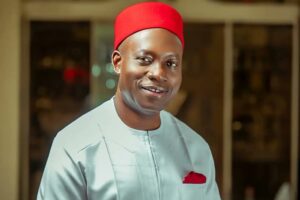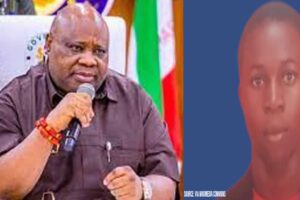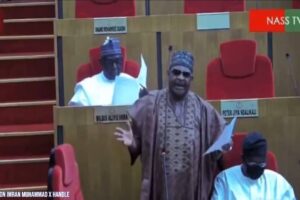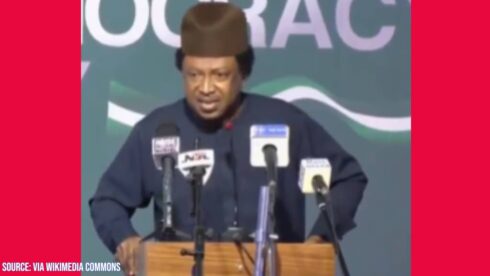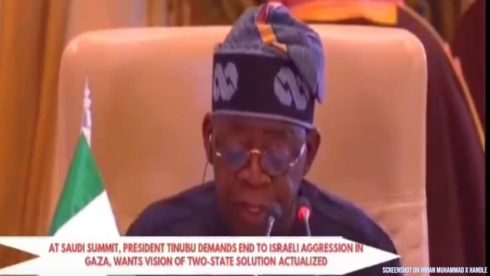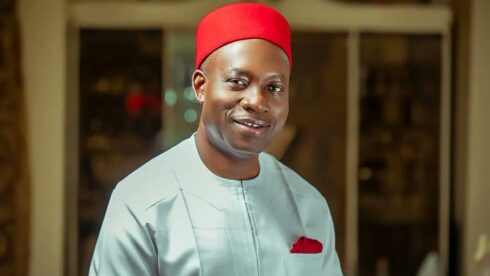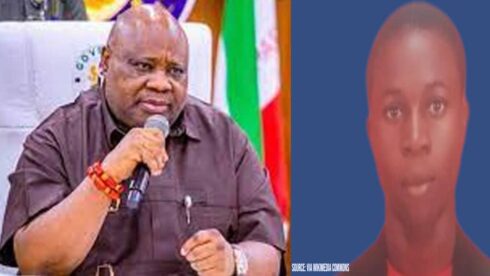Shehu Sani, former Nigerian senator and human rights advocate, has ignited widespread discussions with his bold criticism of Northern leaders’ perceived antagonism toward the current administration. Speaking at a recent public event, Shehu Sani questioned why Northern stakeholders appeared to be distancing themselves from a government they had a pivotal role in electing. His remarks have drawn attention to what many see as a growing divide within the region’s political elite, raising questions about loyalty, governance, and unity in the North.
Shehu Sani underscored the importance of maintaining political loyalty, particularly when the government includes substantial Northern representation in key positions. Highlighting appointments like the Chief of Defence Staff, Minister of Education, and Minister of Agriculture, he argued that such roles reflect the region’s influence in shaping national policies. His comments shine a light on deepening fractures within Northern politics and the potential consequences for the region’s role in Nigeria’s broader governance structure.
Northern Contributions to the Current Administration
Shehu Sani pointedly reminded his audience of the North’s significant role in bringing the current government to power. According to him, the region delivered overwhelming support during the last election, making it the backbone of the administration’s electoral victory.
He listed several key positions held by Northerners in the government, including the Minister of Education, Chief of Defence Staff, Minister of Information, and National Security Advisor. These appointments, he argued, were proof of the administration’s consideration for the North, underscoring the region’s influence in shaping national policies.
Senator Shehu Sani Advocates for Political Unity in the North
Shehu Sani’s remarks highlighted the urgent need for unity among Northern stakeholders, warning that internal divisions could significantly undermine the region’s collective bargaining power. The former senator expressed concerns that ongoing disagreements among Northern leaders might weaken their influence within the federal government and reduce their ability to secure favorable policies. According to Shehu Sani, such disunity not only jeopardizes the North’s current political leverage but also poses a threat to its strategic position in future elections.
Shehu Sani emphasized that antagonism toward the government, particularly one heavily backed by the North, could pave the way for other regions to dominate critical decision-making processes. He urged Northern leaders to prioritize cohesion and mutual support to safeguard their region’s interests. His call for unity underscores growing concerns about the North’s diminishing influence on national governance, sparking a broader conversation about the importance of regional solidarity in Nigeria’s political landscape.
Criticism of Northern Leaders’ Opposition to Policies
Shehu Sani didn’t hold back in criticizing what he perceived as Northern leaders’ antagonistic stance toward the administration. He questioned why some of them were actively opposing policies and programs they had previously championed during the election period.
He described such actions as counterproductive, stating that they undermined the North’s collective credibility. According to Shehu Sani, these behaviors could send mixed signals to the electorate, further eroding public trust in the region’s political class.
The Broader Implications for National Politics
The fallout from Shehu Sani’s remarks extends beyond the North, potentially influencing national politics. His statements have reignited debates about regional representation and the balance of power in Nigeria’s federal system.
Observers note that the controversy could shape discussions around the 2027 general elections, as other regions might leverage the North’s perceived disunity to advance their interests. The outcome of this political friction could redefine alliances and power dynamics across the country.
Reactions from Political Stakeholders
Shehu Sani’s remarks have elicited mixed reactions from various quarters. While some Northern leaders have supported his call for unity, others have criticized his approach, accusing him of oversimplifying the complexities of governance and regional interests.
Prominent political analysts argue that Shehu Sani’s critique reflects a broader struggle within the North to balance loyalty to the government with addressing the region’s socio-economic challenges. The debate underscores the growing pains of Nigeria’s democracy and the constant tension between regional interests and national cohesion.
Table of Contents
Discover more from OGM News NG
Subscribe to get the latest posts sent to your email.



